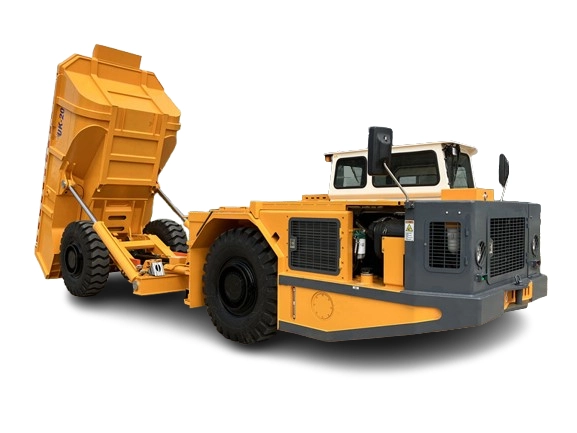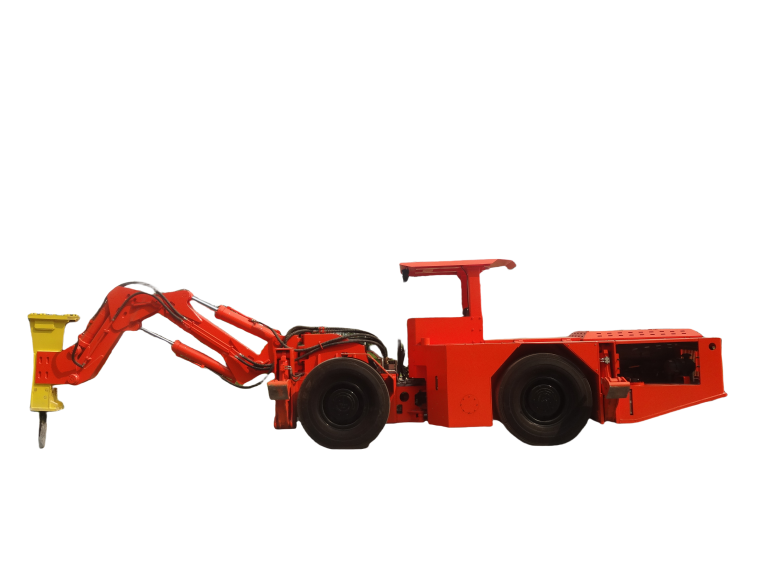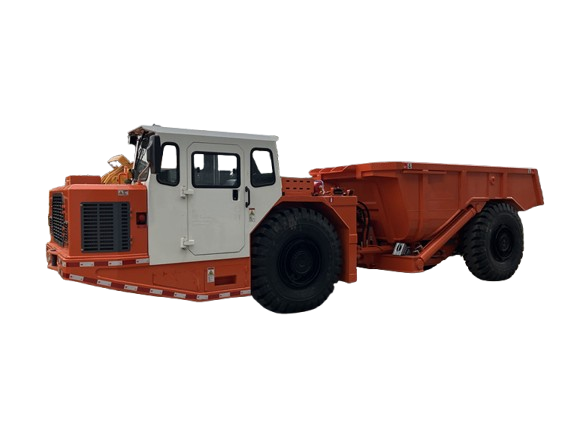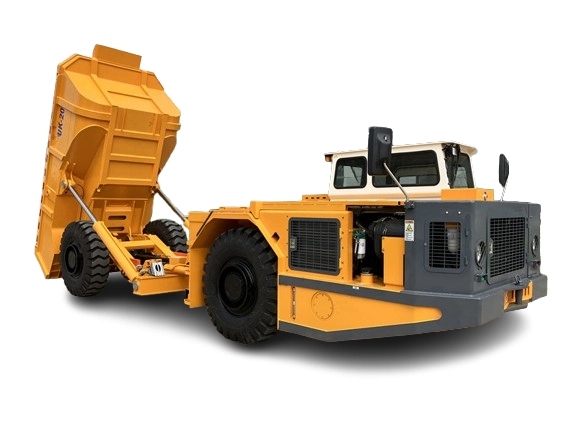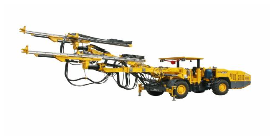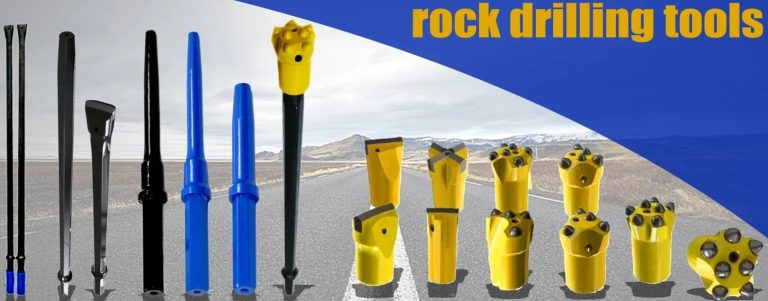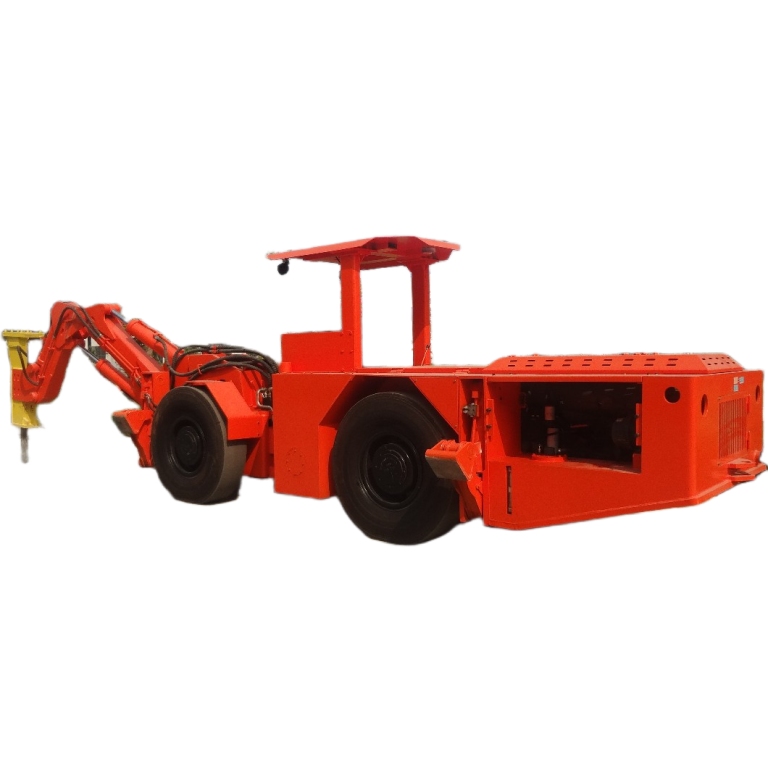Происхождение термина «самосвал»
Историческая справка о самосвалах
Самосвалы Начиналось скромно. Тележки начала 1800-х годов опрокидывались вручную. Рабочие или животные приводили их в движение. Грузы высыпались быстро. Промышленный рост требовал большего. Добыча полезных ископаемых нуждалась в скорости. Строительство требовало простоты. Сельское хозяйство стремилось к эффективности. К концу 19 века конные повозки опрокидывались лучше. Их механизмы были простыми. 20 век принес двигатели. Транспортные средства стали сильнее. Появились современные самосвалы. История сформировала эти машины. Потребности привели к переменам. Сила и цель слились воедино.
Эволюция названия «Самосвал» с течением времени
Имя «самосвал» идеально подходит. Это говорит о работе. Ранние тележки были «опрокидывающимися вагонами». Некоторые называли их «свалочными тележками». Наклон был их трюком. Двигатели изменили правила игры. Промышленность приняла их. К 1900-м годам «самосвал» закрепился. Он описывал действие. Материалы сбрасывались с легкостью. Термин живет. Он охватывает шахты и участки. Названия меняются по мере использования. «Самосвал» выдерживает испытание временем. Функция четко определяет его.
Ключевые характеристики, определяющие самосвал
Роль грузового отсека в сбросе материалов
Самосвалы стоят особняком. Их кузова поднимаются высоко. Материалы выдвигаются быстро. Грунт, гравий или мусор легко перемещаются. Лопаты не нужны. Работа ускоряется. UK-6 от Yantai Chi Hong здесь блистает. Его кузов подходит для узких туннелей. Полезная нагрузка остается большой. Узкие вены не являются проблемой. Грузовые кузова повышают эффективность. Площадки работают более плавно. Производительность растет.
Гидравлическая система и ее значение в самосвалах
Гидравлика приводит в действие самосвалы. Давление жидкости поднимает платформы. Наклон плавный. Управление точное. Безопасность надежная. Грузы перемещаются без рывков. Операторы доверяют системе. Погрузчик WJ-2 от Yantai Chi Hong использует передовую гидравлику. Он также экономит энергию. Гидравлика жизненно важна. Она облегчает тяжелую работу. Грузовики работают с изяществом.
Конструкция шасси для работы в тяжелых условиях
Шасси — это основа. Они выдерживают огромные нагрузки. Их делают из высокопрочной стали. Напряжение их не ломает. Оси прочные. Подвески уравновешивают вес. Устойчивость остается прочной. Неровные участки испытывают их ежедневно. Самосвалы продолжают движение.
Прочное шасси гарантирует долговечность. Производительность остается стабильной. Работа выполняется правильно.
Типы самосвалов и их применение
Самосвалы с задней разгрузкой: общие области применения и преимущества
Грузовики с задней разгрузкой лидируют. Их кузова поднимаются назад. Гравий и песок выскальзывают. Строительство их любит. Добыча полезных ископаемых зависит от них. Открытые пространства подходят им лучше всего. UK-6 компактен. Он перевозит 6 тонн в туннелях 3×3 метра. Полезная нагрузка высокая. Устойчивость отличная.
Самосвалы с задней разгрузкой экономят время. Грузы перемещаются быстро. Площадки остаются продуктивными.
Самосвалы с боковой разгрузкой: эффективность в ограниченном пространстве
Самосвалы с боковой разгрузкой блистают в узких местах. Кузова наклоняются вбок. Разгрузка гибкая. Это нужно городским объектам. Подземным шахтам тоже. Требуется меньше поворотов. Экономится время. Эффективность растет. Ограничения по пространству их не останавливают.
Боковой наклон увеличивает скорость. Закрытые пространства легко. Рабочие процессы плавные.
Самосвалы с фронтальной загрузкой: точность выгрузки материала
Грузовики Frontwork точны. Платформы опрокидываются вперед. Материалы приземляются точно. Траншеи заполняются правильно. Конвейеры загружаются чисто. Просыпания редки. Точность — ключ. Эти грузовики превосходны в управлении. Задачи требуют изящества.
Точность управляет фронтовыми грузовиками. Работа выполняется аккуратно. Качество остается высоким.
Шарнирно-сочлененные самосвалы: маневренность на пересеченной местности
Сочлененные грузовики хорошо гнутся. Шарнир разделяет кабину и кузов. Неровная поверхность не проблема. Их используют на горнодобывающих участках. Тяжелые конструкции тоже. Полный привод крепко держит. Рулевое управление острое. Грузы перемещаются по грязи. Подвижность не имеет себе равных.
Сочлененные грузовики покоряют бездорожье. Полезные грузы остаются в безопасности. Эффективность набирает обороты.
Суперсамосвалы: обработка увеличенных грузов
Суперсамосвалы перевозят большие грузы. Дополнительные оси распределяют вес. Грузы становятся массивнее. Они нужны крупным проектам. Дороги остаются безопасными. Совершается меньше рейсов. Производительность взлетает высоко. Расходы падают низко.
Суперсвалки максимизируют загрузку. Большие работы заканчиваются быстро. Экономия быстро накапливается.
Самосвалы с прицепом: максимальная грузоподъемность
Самосвальные прицепы гибкие. Платформы быстро отсоединяются. Гидравлика поднимает их высоко. Смена прицепов позволяет продолжать работу. Идеальный вариант для перевозки насыпью. Дальние перевозки экономят деньги. Материалы перемещаются большими объемами.
Прицепы увеличивают вместимость. Операции остаются гибкими. Расходы сохраняются экономичными.
Низкорамные самосвалы: транспортировка тяжелой техники
Низкорамные платформы перевозят гигантов. Экскаваторы ездят легко. Бульдозеры хорошо подходят. Низкие платформы сохраняют равновесие. Погрузка проста. Стройкам нужны эти машины. Работы выполняются быстро. Безопасность надежна.
Низкорамные платформы — ключ. Оборудование доставляется на объекты. Работа начинается вовремя.
Характеристики, которые делают транспортное средство самосвалом
Мощность двигателя и ее влияние на производительность
Двигатели приводят в движение самосвалы. Мощность поднимает тяжелые грузы. Скорость остается стабильной. Расход топлива сбалансирован. Погрузчик WJ-2 от Yantai Chi Hong имеет мощность 75 кВт. Он тянет мощно. Работа лопатой тяжелая. Дальние перевозки не проблема.
Мощные двигатели ускоряют работу. Производительность высокая. Работа заканчивается быстро.
Измерения и их значение для операций
Размер определяет посадку грузовика. Маленькие грузовики, такие как WJ-1H, протискиваются через туннели. Большие грузовики перевозят открытые карьеры. UK-6 подходит для путей 3×3 метра. Тесные пространства подходят. Для больших площадок нужны более крупные платформы. Руководство по эксплуатации, выбор размера.
Размеры соответствуют задачам. Эффективность высокая. Сайты работают гладко.
Объем кузова самосвала
Объем кузова устанавливает ограничения. Большие кузова перевозят больше. Кузов UK-6 прочный. Он перемещает тонны за одну поездку. Меньше рейсов экономит топливо. Расходы остаются низкими. Для тесных участков нужны кузова меньшего размера. Баланс имеет решающее значение.
Объем обеспечивает экономию. Материалы перемещаются быстро. Производительность остается высокой.
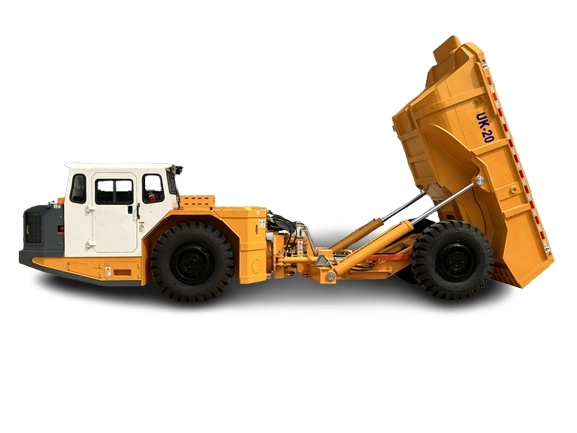
Часто задаваемые вопросы
Что сампольные грузовики подойдет подземная добыча?
UK-6 от Yantai Chi Hong подходит для узких туннелей. Он хорошо тянет 6 тонн.
Как мощность двигателя влияет на производительность?
Больше мощности — больше груза. Скорость и топливная экономичность улучшаются.
Почему гидравлика играет ключевую роль в самосвалах?
Они поднимают кровати плавно. Управление безопасное. Работа эффективная.
Какие факторы направляет выбор грузовика?
Размер площадки, потребности в полезной нагрузке, рельеф местности и стоимость определяют решения.
Изучите инновационные решения от Янтай Чи Хонг Компания Machinery Co., Ltd. уже более 12 лет известна разработкой передового оборудования, адаптированного под различные промышленные потребности.




